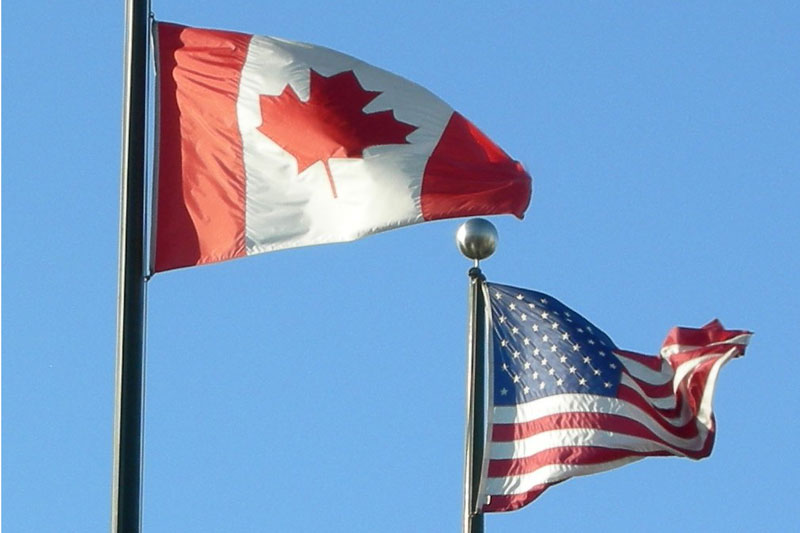
Robohub.org
FAA regulations draw inspiration from Canada, but miss key aspect

Source: Wikipedia
Various aspects of the anticipated proposed small UAS (sUAS) regulations that were released by the FAA draw inspiration from Canada’s approach to regulation. In fact, the FAA provides a handy comparison chart on pgs. 55-56. The Canadian comparison is limited to Canada’s new exemptions for sUAS.
Canada’s exemptions operate very differently than FAA exemptions, as they do not require approval from our regulator, Transport Canada.
If you meet the requirements of either of Canada’s two exemptions, you can operate without applying for a Special Flight Operations Certificate (SFOC). SFOC allow for broader applications than what is shown in the FAA comparison chart, including FPV and beyond visual line of sight.
Practicing in the Canadian jurisdiction, I believe that one of the most valuable aspects of our system is its flexibility and the fact that the system rewards safe operators. For instance, in Canada, first time SFOC applicants are typically rewarded narrow certificates in terms of time, geography and level of operational risk. As operators develop a track record of conducting safe operations, they are able to receive ‘standing certificates’ allowing them to operate for up to three years over large regions of the country.
The FAA should consider adopting a similar approach that rewards safe operators by allowing them to complete less restrictive operations. For instance, the proposed rules state that operators would not be able to fly over persons not involved in the operation. If an operator has a good track record of conducting safe flights, there is no reason why the FAA should not consider removing this burden.
As the FAA crafts its final regulations, it is important to find ways to build flexibility into the system, and to not only focus on punishing irresponsible behaviour but also rewarding safe operators.
tags: c-Politics-Law-Society, cx-Aerial, FAA, sUAS rules




